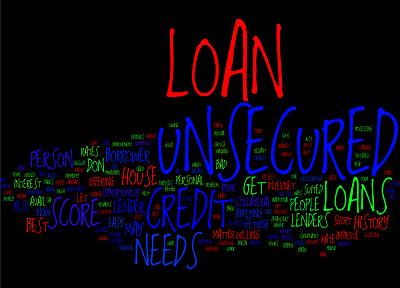The U.S. Court of Appeals for the Fourth Circuit recently reversed a trial court’s contrary ruling in a putative class action relating to a data breach and remanded the case back to state court for lack of Article III standing.
Posts tagged as “Fourth Circuit”
The U.S. Court of Appeals for the Fourth Circuit recently held that the "no fair ground of doubt" standard established by the Supreme Court of the United States in Taggart v. Lorenzen, a case involving alleged violation of a Chapter 7 discharge order, governed civil contempt proceedings for violation of a confirmed reorganization plan under Chapter 11.
The U.S. Court of Appeals for the Fourth Circuit recently reversed a trial court's dismissal of one named plaintiff’s claims against a loan servicer in a putative class action but affirmed the dismissal of the other named plaintiff’s claims.
The U.S. Court of Appeals for the Fourth Circuit recently reversed the dismissal of a putative class action alleging that a mortgage servicer’s fee to borrowers who paid monthly mortgage bills online or by phone was illegal.
The U.S. Court of Appeals for the Fourth Circuit recently reversed the dismissal of a borrower’s claims that the servicer of his mortgage loan violated the federal Real Estate Settlement Procedures Act (RESPA) by failing to timely make his tax payment from the loan’s escrow account.
Joining similar rulings by the Eighth and Tenth Circuits, the U.S. Court of Appeals for the Fourth Circuit recently held that each violation of the FDCPA gives rise to a separate claim governed by its own statute of limitations period.
The U.S. Court of Appeals for the Fourth Circuit recently held that a mortgagee’s office that was located within 200 miles of the mortgaged property, but did not conduct any mortgage-related business, was not a “branch office” of a “mortgagee” under the HUD rule requiring a face-to-face meeting with mortgage borrowers before filing a mortgage foreclosure action unless the mortgagee does not have a branch office within 200 miles of the borrower's home.
The U.S. Court of Appeals for the Fourth Circuit recently held that a trial court lacked jurisdiction over a claim for violation of the federal Fair Credit Reporting Act involving a student loan administered by the U.S. Department of Education because Congress did not waive sovereign immunity for suits under FCRA. A copy of the opinion in Robinson v. U.S. Department of Education is available at: Link to Opinion. This appeal arose from the plaintiff’s claim that the government agency responsible for administering the federal student loan program violated FCRA, 15 U.S.C. § 1681, et seq. The plaintiff alleged that the government…
The U.S. Court of Appeals for the Fourth Circuit held that a tax payment agreement entered into pursuant to Virginia Code section 58.1-3018 was a consumer credit transaction subject to the federal Truth in Lending Act and Electronic Funds Transfer Act. The Court further ruled that the plaintiff had standing to assert his EFTA claim, because the claim was not merely for “a bare procedural violation,” but instead alleged “a substantive violation of the rights conferred by EFTA.” Accordingly, the Fourth Circuit affirmed the trial court’s denial of the company’s motion to dismiss the TILA and EFTA claims. A copy…
The U.S. Court of Appeals for the Fourth Circuit recently vacated a judgment of dismissal in consolidated class actions arising from a data breach of personal information, holding that the plaintiffs had standing to sue because fraudulent credit cards were actually opened in the victims’ names. In so ruling, the Court distinguished its 2017 ruling in Beck v. McDonald, which held “a mere compromise of personal information, without more, fails to satisfy the injury-in-fact element in the absence of an identity theft.” A copy of the opinion in Rhonda Hutton v. National Board of Examiners is available at: Link to…
The U.S. Court of Appeals for the Fourth Circuit recently concluded that lender-paid mortgage insurance (“LPMI”) disclosures under the federal Homeowners Protection Act are only required if LPMI is a condition of the borrower obtaining the loan. In affirming the trial court’s dismissal of the borrowers’ claims, the Fourth Circuit dissected the specific language of the provision in the HPA addressing disclosures related to mortgage insurance, 12 U.S.C. § 4905. Specifically, the Fourth Circuit determined that the disclosures are only required if LPMI is a condition of the loan at the time of closing. In this case, the lender did not…
The U.S. Court of Appeals for the Fourth Circuit recently held that a completely unsecured lien may be stripped off in a Chapter 13 bankruptcy proceeding under 11 U.S.C. § 1322(b) even though a proof of claim has not been filed. A copy of the opinion in Edwin Burkhart v. Nancy Spencer Grigsby is available at: Link to Opinion. Debtors filed a Chapter 13 bankruptcy petition in 2012. At the time, the debtors’ principal residence was valued at $435,000 and encumbered by four liens. Creditor 1 held the mortgage lien with the highest priority in the amount due of $609,500. Creditor 2’s two…












